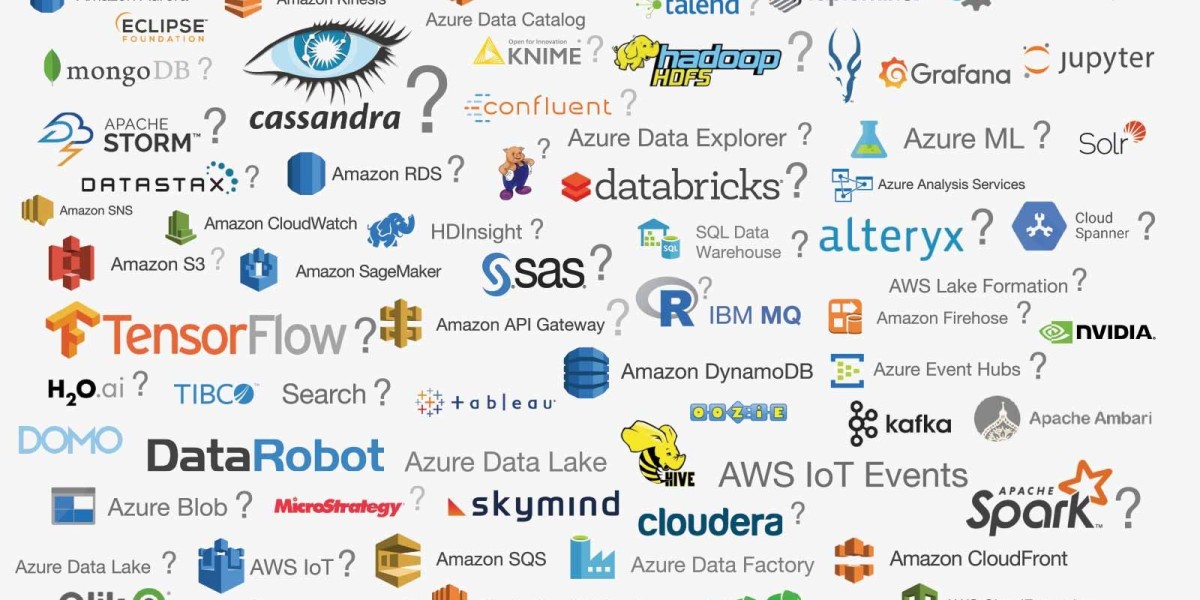Introduction:
In today's digital landscape, location-based insights are the linchpin of numerous applications and services. Whether it's delivering tailored content, optimizing user experiences, or refining advertising strategies, understanding a user's location through their IP address is pivotal. In this article, we'll delve into the significance of location data, the process of gleaning location information from an IP address, and the array of APIs that facilitate this transformation.
The Significance of Location Data:
Location data, in the realm of IP addresses, holds the key to a multitude of possibilities:
Personalization: Location data empowers businesses to curate content or services that resonate with specific geographic regions or cities, resulting in more relevant user experiences.
Elevated User Experience: The integration of location data can supercharge applications with features such as real-time weather forecasts, locally tailored recommendations, and location-based search results.
Security: IP address geolocation serves as a valuable tool in the realm of cybersecurity, helping to identify and mitigate potential threats by flagging suspicious activities from unfamiliar locations.
Targeted Advertising: Marketers harness location data to fine-tune ad campaigns, ensuring their promotions reach the right audience at the right place and time.
Content Licensing: Media companies rely on location data to enforce content licensing agreements, ensuring that specific content is only accessible in authorized regions.
Retrieving Location from an IP Address:
Deriving location data from an IP address involves several sequential steps:
IP Address Retrieval: The starting point is acquiring the user's IP address, which can be done through server-side scripting or via client-side JavaScript libraries.
IP Geolocation API: To translate the IP address into geographic coordinates, integration with an IP geolocation API is necessary. Numerous providers, both free and paid, offer this service.
API Integration: Seamless integration of the selected IP geolocation API into your application or website is essential. This typically involves sending an API request with the IP address as input.
Response Parsing: Once the API delivers a response, the next step is parsing the data to extract valuable location information, which may encompass latitude, longitude, city, country, and more.
Data Utilization: Finally, the location data can be utilized within your application for a variety of purposes, including displaying the user's location on a map, delivering location-based content, or storing the data for subsequent analysis.
Noteworthy IP Geolocation APIs:
Several IP geolocation APIs cater to diverse needs and budget constraints. Here are a few notable options:
IPinfo: IPinfo stands out as a user-friendly, accurate, and free-to-use IP geolocation API. It offers a comprehensive range of IP-related details, including location information and ASN data.
MaxMind GeoIP2: MaxMind's GeoIP2 API is widely acclaimed for its precision in geolocation. It supplies data such as city, country, and coordinates and offers both free and paid subscription plans.
ip-api.com: Ip-api.com provides a straightforward, no-frills IP geolocation API, which is free for limited use. It covers essential data, including city, country, and more.
Geonames: Geonames extends a free web service featuring an IP-to-location API. It furnishes details such as city, region, and country based on IP address information.
Nominatim: Nominatim, powered by OpenStreetMap data, presents an open-source IP geolocation API. It's both free and adaptable for self-hosting, offering greater control.
Privacy and Ethical Considerations:
Responsible and ethical handling of location data is paramount:
User Consent: It's imperative to transparently inform users about data collection and usage, securing their consent.
Data Security: Rigorous data security measures must be in place to guard location data against unauthorized access and breaches.
Data Retention: Prudent data retention policies should be followed, ensuring that location data is retained only as long as necessary.
Compliance: Compliance with pertinent data protection regulations, such as GDPR or CCPA, should be a priority, contingent upon your user base.
Conclusion:
Location data gleaned from IP addresses is an influential asset that can significantly enhance the functionality and personalization of digital applications and services. Through the integration of IP geolocation APIs, developers gain access to this valuable resource. However, it's crucial to approach location data with ethical considerations and utmost respect for user privacy. With the right approach, the utilization of location data can foster more pertinent and engaging user experiences while upholding user trust and data integrity.










